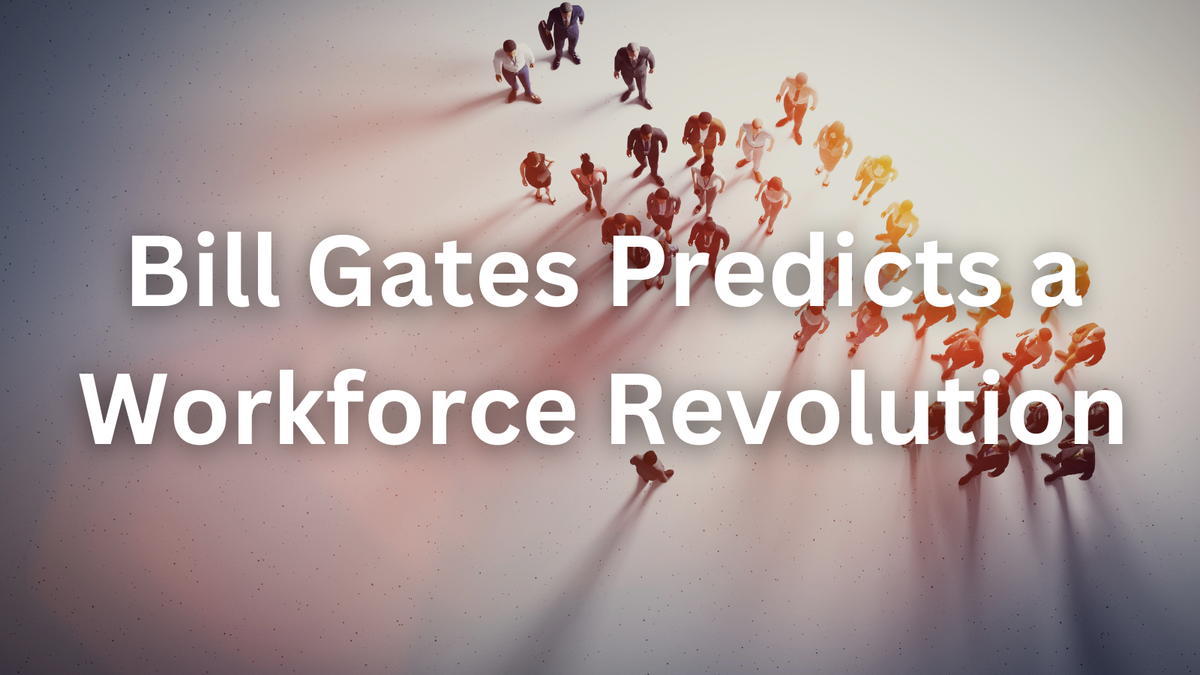Is Microsoft’s AI Fueling Conflict? Employees Say ‘Blood on Their Hands’

Microsoft’s 50th birthday bash turned into a stage for rebellion as employees accused the tech giant of powering military AI in Gaza. Let’s unpack the protest, the ethics of AI warfare, and why Big Tech’s military deals are sparking internal mutiny. What happens when the engineers building tomorrow’s tools discover their work is being weaponized? Let’s dive in.
🩸 The Protest Heard Around the Tech World
Two Microsoft AI engineers hijacked the company’s milestone celebration to expose a growing crisis:
- “You have blood on your hands”: Ibtihal Aboussad, a speech recognition engineer, disrupted CEO Mustafa Suleyman’s speech, accusing Microsoft of selling AI tools enabling Israel’s military actions in Gaza.
- Silenced dissent: Aboussad’s email to Satya Nadella revealed Arab and Muslim employees faced harassment and firings for raising concerns over the past 18 months.
- Resignation as protest: Vaniya Agrawal quit mid-event, calling Microsoft a “digital weapons manufacturer” complicit in surveillance and apartheid.
- Industry trend: Microsoft isn’t alone—Anthropic, Palantir, and Anduril have all recently inked military AI deals worth hundreds of millions.
✅ Microsoft’s Defense: Ethics or Empty Promises?
The company’s response highlights the tightrope walk between profit and principles:
- “Highest standards” pledge: A Microsoft spokesperson emphasized allowing employee feedback “without business disruption.”
- Petition pressure: Engineers linked to the “No Azure for Apartheid” campaign demanding end to Israeli government cloud contracts.
- Whistleblower playbook: Both protesters documented their claims in emails to executives, creating a paper trail for potential legal action.
⚠️ The Military-AI Complex: A $100B Moral Minefield
Why engineers are drawing red lines:
- Maven’s shadow: Palantir’s $100M Pentagon deal for AI warfare tools mirrors Google’s 2018 Project Maven controversy that sparked mass resignations.
- “Dual use” dilemma: Speech recognition tech sold for customer service can be repurposed for battlefield drone coordination.
- Talent exodus risk: 78% of AI researchers in a 2024 Stanford survey said they’d refuse military-related work—Microsoft risks brain drain.
- Legal liability: UN experts warn companies supplying AI for Gaza operations could face complicity charges under international law.
🚀 Final Thoughts: Can Employee Activism Rewrite Big Tech’s Rules?
This protest signals a tectonic shift:
- 📉 Reputation reckoning: With Azure government cloud revenue up 23% YoY, can Microsoft afford to lose both talent and public trust?
- ✅ Path forward: Adopt “Ethical AI” clauses in military contracts, as 300+ Google employees demanded in 2024.
- 🚨 Critical question: When your code could literally be a matter of life and death, is “business as usual” still an option?
As AI becomes the new battlefield, whose side is Silicon Valley on? Share your take below.
Let us know on X (Former Twitter)
Sources: Jordan Novet, Hayden Field. AI Effect: Microsoft birthday celebration interrupted by employees protesting use of AI by Israeli military, April 4, 2025. https://www.cnbc.com/2025/04/04/microsoft-50-birthday-party-interrupted-by-employees-protesting-ai-use.html










